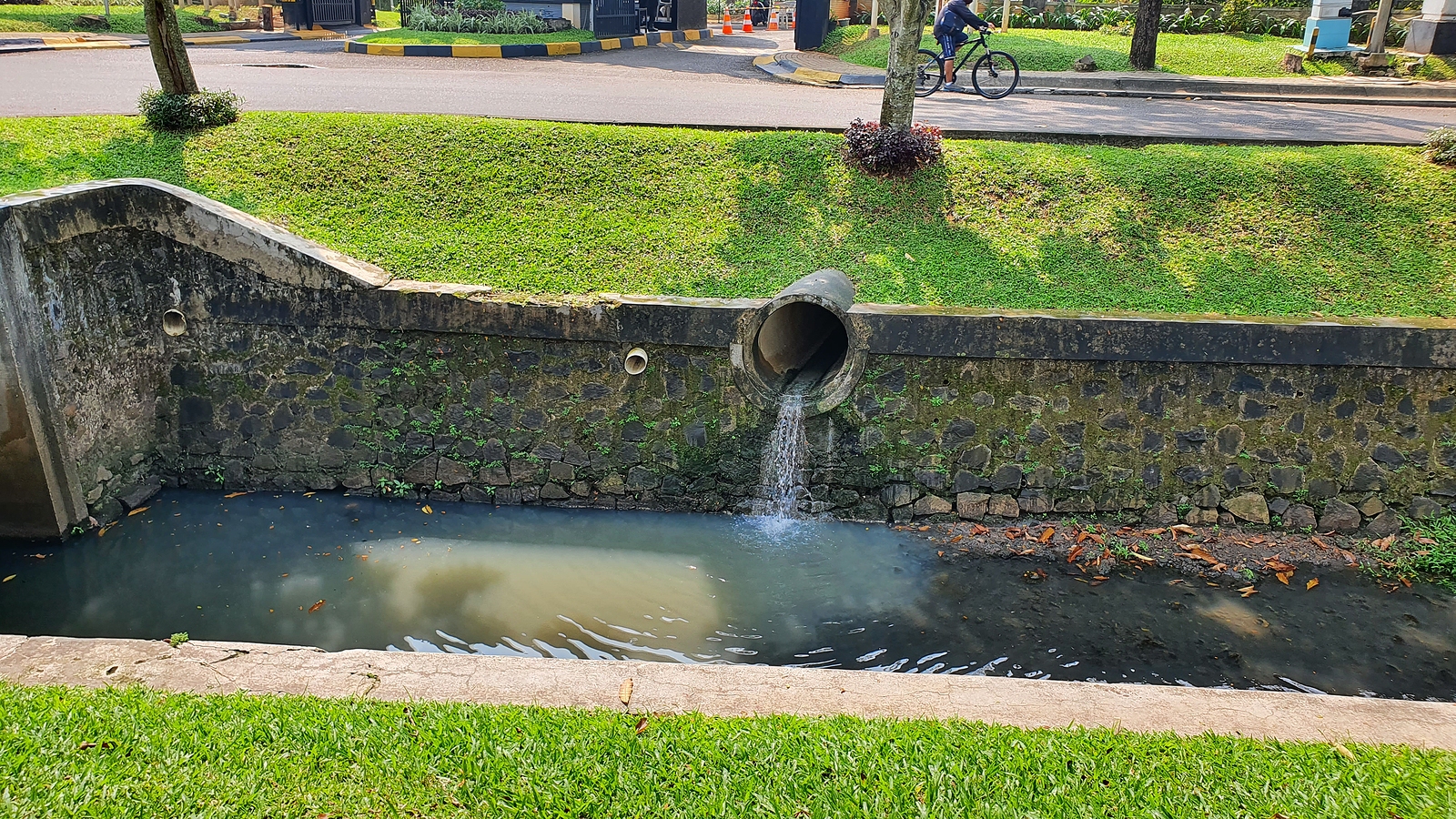The UK’s largest water and wastewater management company, Thames Water, have been fined £3.33m for a raw sewage spill in Surrey and Sussex that killed thousands of fish.
The incident occurred near Gatwick Airport in October 2017, when millions of tonnes of raw sewage were released from a wastewater treatment plant into the River Mole in Surrey and Gatwick Stream in Sussex. An incorrectly activated storm pump was left unchecked for 21 hours, allowing it to fill up and release the undiluted sewage into the waterways.
This should have been a contingency procedure after a heavy storm, but at the time of the incident there had been no significant rainfall. Untreated effluent was allowed to pour into the rivers for six hours before any action was taken by Thames Water staff.
An investigation by the Environment Agency found evidence that 1,400 fish had died as a direct result of the pollution, but it believes that the true number is several thousand higher than this, including pikes, roaches, chub, bream, and perch, and protected species such as brown trout and European eel.
The Environment Agency found that several opportunities to prevent or mitigate agianst the worst effects of the spillage were missed. The storm drain was undersized, meaning it filled up more quickly, and when the alarm was finally raised the lead technician could not be contacted because he was awaiting a new phone.
The company came in for some strong criticism from Judge Christine Laing at the hearing in July at Lewes Crown Court. She said that Thames Water deliberately misled the Environment Agency during its investigation, and found the lack of preventative action “utterly extraordinary.”
Jamie Lloyd, a senior environment officer at the Environment Agency and who led the investigation, said: “Thames Water missed several opportunities to prevent this pollution incident from occurring. Staff appear to have been oblivious to malfunctions at the sewage treatment works leading up to it and did nothing to intervene.”
He added: “When the alarm was raised, no decisive action was taken until the damage was done. Thames Water failed to take responsibility for the incident until several years later – and didn’t provide vital information when requested by the Environment Agency during our investigation.”
“We brought this case due to the major environmental impact caused, and because it was entirely avoidable. Thames Water failed to have adequate systems in place to manage the pollution-risk from their site and didn’t respond to alarms.”
Meanwhile, contingency plans are being drawn up amidst reports that Thames Water is on the verge of financial collapse. The Guardian reports that the water regulator Ofwat and the government are holding discussions about temporarily returning the company to public ownership.
The company has debts of around £14bn, and has been fined £35.7m for multiple pollution incidents between 2017 and 2023.
If you are looking for conveyor belt skirting, please get in touch with us today.





